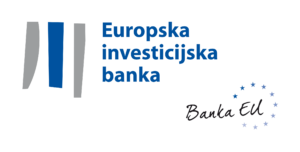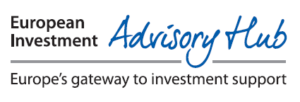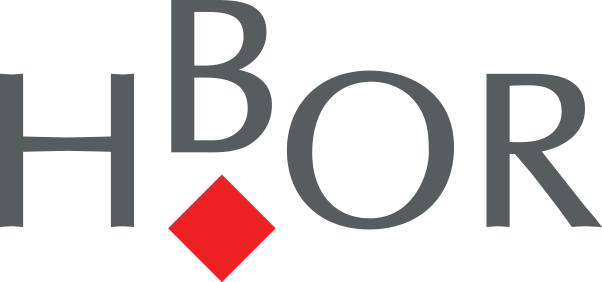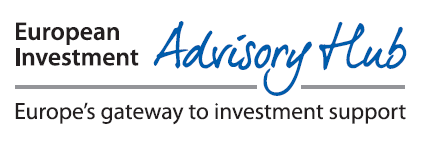Quality Preparation of Adequate Public Sector Projects: Precondition for Efficient Absorption of Funds from EU Sources


 Online conference “How to (Better) Prepare Public Sector Projects for Funding” organised by the Croatian Bank for Reconstruction and Development (HBOR)
Online conference “How to (Better) Prepare Public Sector Projects for Funding” organised by the Croatian Bank for Reconstruction and Development (HBOR)The conference took place as part of the implementation of the project “Technical Assistance – Advisory Services for Public Sector Investment” co-financed by the European Union funds through the European Investment Advisory Hub (EIAH), which is part of the EIB Group. Under the 2021 – 2027 Multiannual Financial Framework of the European Union and the Recovery Plan, the amount of more than EUR 20 billion has been made available to the Republic of Croatia. The aim of the project is to provide technical assistance to local and regional government units in project preparation.
HBOR supported 150 projects of LRGUs in the amount exceeding HRK 1.5 billion this year and last year
"It is important to emphasise that, in the coming period, green and sustainable will determine future investments, and it is necessary to develop projects in this way from the very beginning. Consequently, the preparation of adequate projects becomes even more important in order to absorb the available funds as efficiently as possible. Therefore, in addition to favourable loan terms and conditions, HBOR is developing, in cooperation with the EIB, a new system of technical assistance for LRGUs to strengthen their capacity and better prepare projects for financing and implementation,” said Tamara Perko, President of HBOR’s Management Board, emphasising that HBOR provided support for 150 projects of local and regional government units in the amount exceeding HRK 1.5 billion this year and last year alone.Contribution to successful project implementation by providing advisory services
Anton Kovačev, Head of the EIB Office in Zagreb, pointed out the importance of quality preparation of projects and said that, for that reason, the EIB as the development bank of the European Union strived to contribute to the successful project implementation not only by providing project finance but also by providing advisory services, with HBOR as the most important partner in Croatia.Opportunities under NRRP and new Regional Development Fund
During the conference, the participants discussed the opportunities offered to local and regional government units through the National Recovery and Resilience Plan (NRRP) and new multi-annual programmes for the use of EU funds. The establishment of the Regional Development Fund was announced, an innovative instrument through which beneficiaries would be able to use grants in the form of technical assistance in addition to loans at favourable terms and conditions. Under that instrument, it would also be possible, provided certain criteria were met, to write off loan principal, and project financing would be approached by taking into account the specific features of each investment and by establishing an appropriate model for that very investment. Various projects would be financed through the Fund, and the possibility of financing projects aimed at the commercialisation of public infrastructure was especially emphasised.Development of project preparation support model
At the panel “Structuring of financially viable and bankable projects”, examples from Lithuania were presented together with the impact of investing in the digitalisation of Danish cities. The final panel introduced the results of a survey on the need of LRGUs for support in project preparation, based on which HBOR would plan the development of its model, and finally the experience and challenges faced by local government units in project preparation and implementation. Conference participants showed great interest in the presented topics, with special emphasis on information related to the expected time frame and modalities of planned calls for project co-financing, types of projects that would be eligible for co-financing and co-financing modalities, as well as conditions for obtaining technical support for project preparation.
 The project has been co-financed by the funds of the European Union through the European Investment Advisory Hub (EIAH). The views expressed cannot in any way be taken to constitute an official opinion of the European Union or the EIB.
The project has been co-financed by the funds of the European Union through the European Investment Advisory Hub (EIAH). The views expressed cannot in any way be taken to constitute an official opinion of the European Union or the EIB.


 FAQ
FAQ